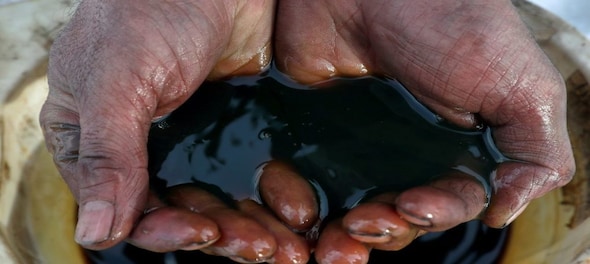
In the past month, India's External Affairs minister S Jaishankar, on two different occasions asked (western) media to take note of Europe's oil purchases from Russia instead of questioning India's energy imports. His first remark came during a joint session with British Foreign Minister Liz Truss, where he pointed out that Europe purchased 15 percent more oil and gas from Russia in March than it did the month before.
"If we wait for two or three months and actually look at who are the big buyers of Russian gas and oil, I suspect the list won’t be very different from what it used to be," he had added.
The Foreign Minister again brought Europe's oil purchases to the fore when he was asked about India's imports from Russia during a joint conference with Defence Minister Rajnath Singh along with American Secretary of State Tony Blinken and Defense Secretary Lloyd Austin during the 2+2 Ministerial Dialogue.
In a retort to the scribe who asked the question, Jaishankar said, "If you're looking at energy purchases from Russia, I would suggest that your attention should be focused on Europe. We do buy some energy, which is necessary for our energy security. But I suspect looking at the figures, probably our total purchases for the month would be less than what Europe does in an afternoon."
Now, Jaishankar's predictions about Russian energy imports have actually been corroborated by a recent Wall Street Journal report, which claims that Europe is discreetly buying Russian oil in the wake of the Russia-Ukraine war. The report states that oil "discretely leaves Russia in tankers" and European oil traders purchase it "under the radar".
In April itself, more than 11.1 million barrels of oil were transported from Russia in tankers that didn't specify a destination, adds the report while claiming that the "practice is increasing". Europe's new tactic of oil purchase from Russia comes amid the threat of US sanctions and bad publicity.
Similarly, maritime risk management company Windward has claimed that the practice of “destination unknown” oil shipping has increased by 600 percent since the Russia-Ukraine war. While this oil is being offered in the market under labels like “the Latvian blend” and “the Turkmenistani blend”, the word on the street is that the "blend" contains substantial amounts of Russian oil.
The purchases come despite the EU's resolve to completely cut their dependence on Russian oil, gas, and coal by 2027. Last year, Russia’s oil and gas revenue was pegged at $119 billion. This helped the Kremlin fund the country’s military expenditures of around $62 billion.
However, this is not the first time when Europe has made discrete oil purchases from "pariah" nations to circumvent the threat of US sanctions. The practice of buying oil through "destination unknown" tankers has earlier been used to make purchases from Iran and Venezuela as well.
While the 27 member nations of the European Union continue to purchase Russian oil, the United States, Canada, the United Kingdom, and Australia have put an outright ban on imports of Russian energy.



